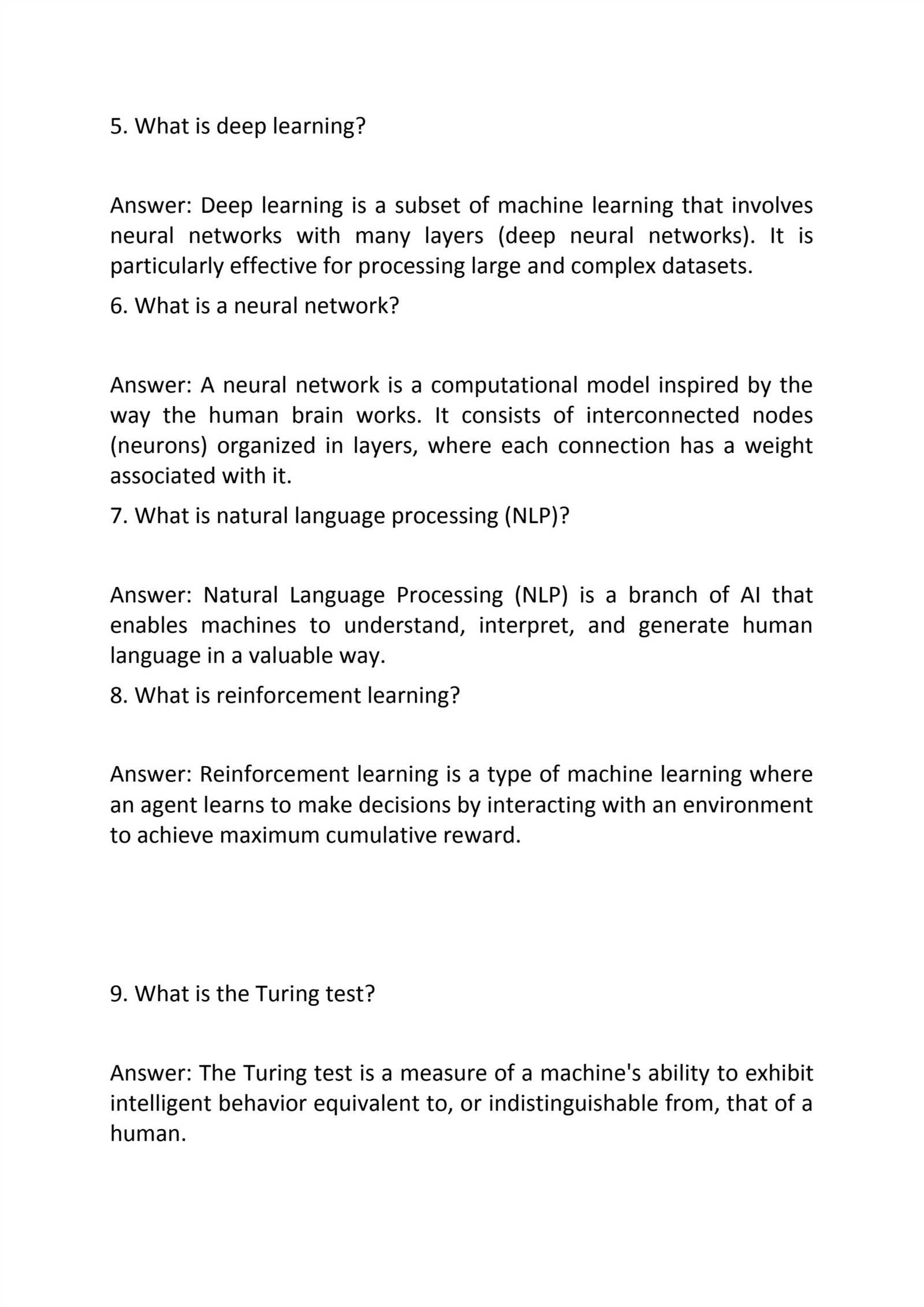
In recent years, artificial intelligence has made significant strides in transforming how students approach their studies. With the advancement of machine learning algorithms, AI has become an essential tool for enhancing educational outcomes. By providing quick, accurate assistance, AI systems are now widely used to tackle complex academic tasks and optimize the learning experience.
These intelligent systems help learners navigate through difficult concepts, generate insightful content, and solve problems with ease. Through personalized support, they adapt to individual learning styles, making it easier for users to absorb information and perform at their best. Whether it’s generating detailed explanations or guiding through tricky questions, AI offers a powerful edge for anyone looking to boost their knowledge and skills.
Top AI Tools for Academic Assistance
Artificial intelligence has revolutionized the way students approach their studies, offering valuable tools to assist with various academic tasks. These intelligent systems provide support by processing large amounts of information and offering precise solutions, making them indispensable resources for those looking to improve their performance. By adapting to individual needs and preferences, AI platforms ensure that students receive the most relevant help at the right time.
Key Features of Leading AI Platforms
The most advanced AI systems available today are designed with a variety of features that enhance their usability and effectiveness. These tools can provide not only instant feedback but also personalized learning paths, ensuring that each user’s unique requirements are met. Below is a comparison of popular AI-driven platforms, highlighting their core functionalities.
| AI Tool | Core Functionality | Strengths |
|---|---|---|
| OpenAI GPT | Natural Language Processing and Text Generation | Contextual understanding, personalized responses |
| QuillBot | Paraphrasing and Text Enhancement | Improving clarity, academic writing |
| Chegg Study | Step-by-step Solutions and Study Guides | Comprehensive learning support, detailed explanations |
| Socratic by Google | Instant Problem Solving and Explanations | Visual learning tools, mobile access |
Choosing the Right Tool for Your Needs

When selecting an AI-driven platform, it’s important to consider your specific needs. Whether you’re seeking to clarify difficult concepts, improve writing skills, or get step-by-step guidance, the right tool can make a significant difference in your academic journey. Consider exploring different options to find the one that best complements your learning style and goals.
How AI Revolutionizes Exam Assistance
The integration of artificial intelligence into academic support systems has transformed how students approach their studies. By offering tailored solutions and instantaneous feedback, AI tools provide significant advantages over traditional methods. These systems adapt to the individual learner’s pace and needs, enhancing the learning process and making it more efficient and effective.
Instantaneous Feedback and Learning
One of the most profound impacts of AI in education is its ability to deliver instant responses. Unlike conventional study materials or tutors, AI platforms can analyze complex questions and provide immediate solutions, allowing students to quickly understand their mistakes. This rapid feedback accelerates learning and enables continuous improvement without waiting for external help.
Personalized Assistance for Every Learner
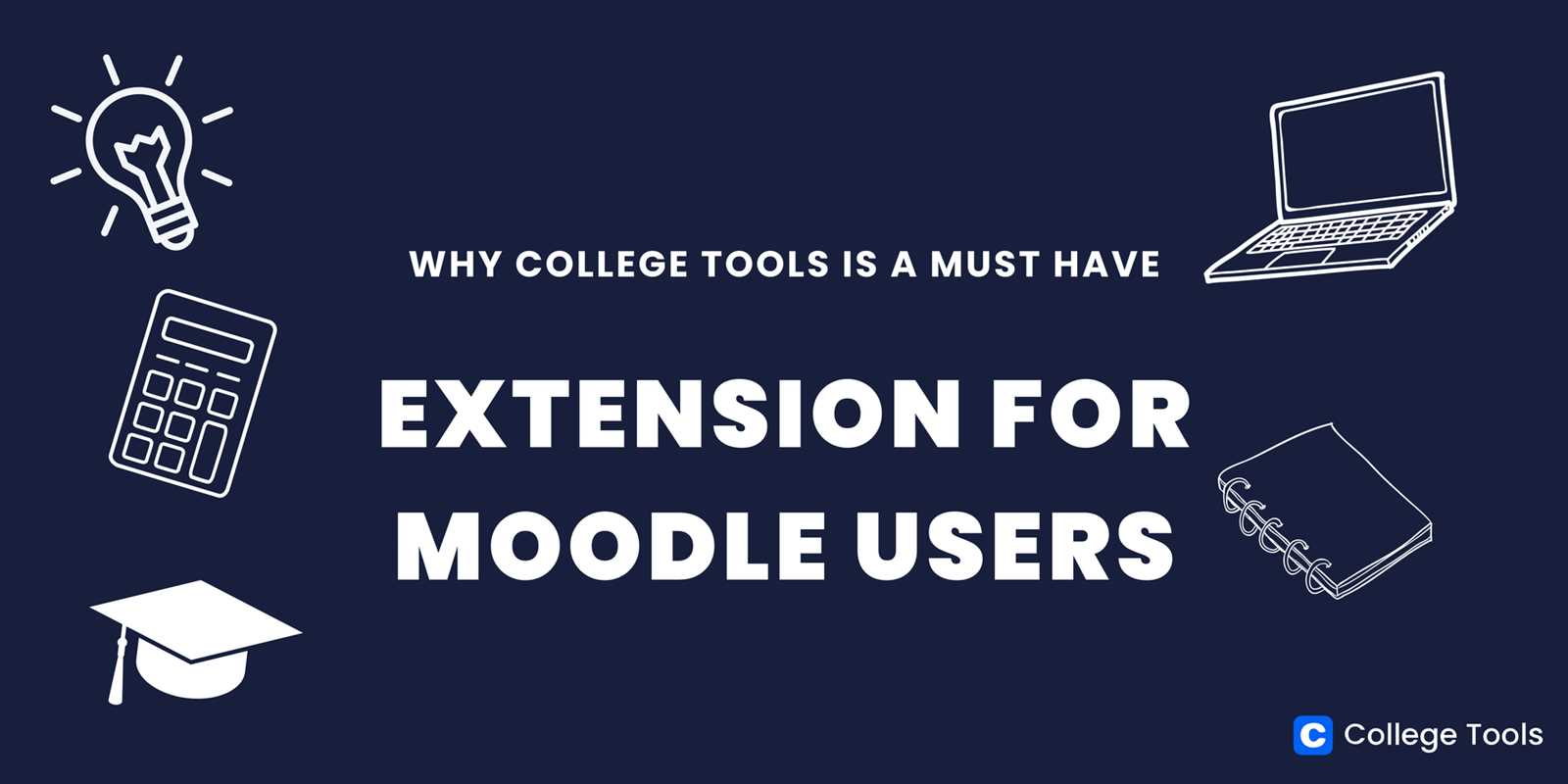
AI systems excel in customization, adjusting their responses based on each user’s learning style and knowledge level. By assessing performance and analyzing patterns, these tools offer tailored advice, helping students focus on their weak areas. This personalized approach ensures that no two users follow the same path, optimizing the efficiency of study sessions.
Top AI Platforms for Students
As artificial intelligence continues to evolve, several platforms have emerged to offer students effective tools for academic support. These platforms provide a wide range of functionalities, from simplifying complex topics to offering personalized guidance. Whether you’re tackling assignments or preparing for tests, these AI-driven resources can be invaluable in enhancing your study sessions.
Popular AI Tools for Academic Success

Here are some of the most widely used platforms designed to help students succeed:
- OpenAI GPT: A versatile tool capable of generating context-specific explanations and assisting with writing tasks.
- QuillBot: Known for its advanced paraphrasing and text enhancement capabilities, this platform helps improve clarity and structure in written assignments.
- Chegg Study: Offers step-by-step solutions and interactive study guides, ideal for tackling problems in various subjects.
- Socratic by Google: A mobile-friendly tool that helps students solve problems by providing instant explanations, making learning on the go easier.
- Wolfram Alpha: A powerful computational engine that excels in solving math problems, physics equations, and more.
How AI Platforms Support Students
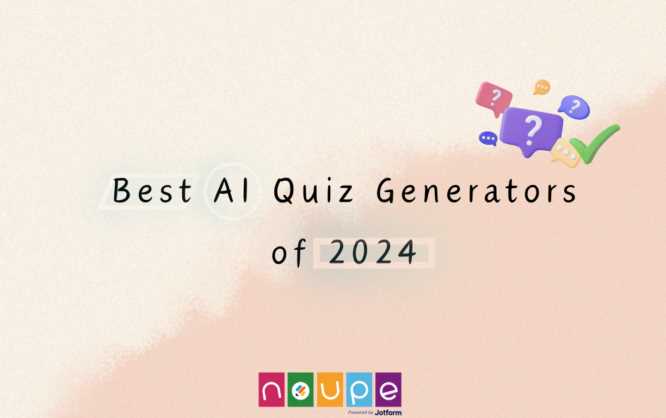
These AI systems offer more than just answers–they empower learners to engage deeply with the material. From interactive problem-solving to tailored explanations, these platforms provide meaningful support throughout a student’s academic journey.
Accuracy of AI in Answer Generation
Artificial intelligence systems have made significant strides in providing precise and reliable responses to a wide range of academic inquiries. The ability of AI to quickly process large datasets and generate contextually appropriate solutions has made it a valuable tool for learners. However, while these systems are generally accurate, their performance depends on various factors such as the complexity of the query and the quality of the data used to train them.
The accuracy of AI-driven platforms relies heavily on the underlying algorithms and the richness of their training datasets. In many cases, these systems are highly effective in subjects with clear-cut, factual information. For example, when solving mathematical problems or answering science-related queries, AI can generate highly accurate results. However, more subjective or open-ended questions may require further refinement, as AI may struggle to interpret nuanced or complex language.
To ensure the highest level of precision, it is important for users to understand the limitations and strengths of the tools they are using. While AI systems excel in many areas, human oversight remains crucial for verifying results, especially in advanced or specialized subjects.
AI vs Traditional Exam Preparation Methods
As the landscape of education evolves, the debate between traditional study techniques and the integration of artificial intelligence tools has gained traction. While traditional methods like textbooks, notes, and tutoring have been the cornerstone of learning for centuries, AI offers new ways to enhance and personalize the preparation process. Both approaches have their advantages, but the key lies in understanding how they complement each other to optimize academic performance.
Efficiency and Speed
Traditional study methods often require significant time investment, whether through repetitive reading, note-taking, or revisiting complex topics with a tutor. While these methods provide depth, they can be slow and may not always cater to a student’s specific needs. On the other hand, AI tools provide immediate feedback and personalized recommendations, significantly reducing preparation time. With the ability to analyze patterns in a learner’s performance, AI can focus attention on weak areas, making the study process more efficient.
Customization and Adaptability
One of the key strengths of AI lies in its ability to adapt to individual learning styles. Unlike traditional methods that apply a one-size-fits-all approach, AI-driven platforms can adjust their strategies based on a student’s progress and understanding. These platforms can offer tailored explanations, suggest practice questions, and provide real-time performance tracking. This level of customization helps learners focus on areas where they need improvement, unlike conventional study approaches which may not always target the most relevant material.
AI Tools for Multiple Choice Questions
Artificial intelligence has proven to be a valuable asset in solving multiple choice inquiries, offering students an efficient way to enhance their test-taking strategies. By utilizing advanced algorithms, AI platforms can quickly analyze questions, compare potential answers, and provide insights into the most likely correct responses. These systems not only assist in providing accurate answers but also help learners understand the reasoning behind the choices, reinforcing knowledge retention.
Many AI tools designed for multiple choice assessments leverage machine learning to improve over time. As they process more data, these platforms become better at identifying patterns and nuances within the questions. By offering real-time feedback and analyzing past performance, AI systems enable learners to focus on improving weak areas, leading to more effective preparation and a deeper understanding of the material.
Enhancing Study Sessions with AI
Artificial intelligence has transformed the way students approach their study routines by offering personalized support and interactive learning experiences. These intelligent systems adapt to each learner’s strengths and weaknesses, providing real-time assistance and ensuring that study sessions are more productive and focused. With AI, students can engage more deeply with the material and receive immediate feedback, making the process of mastering complex topics faster and more efficient.
Personalized Learning Paths
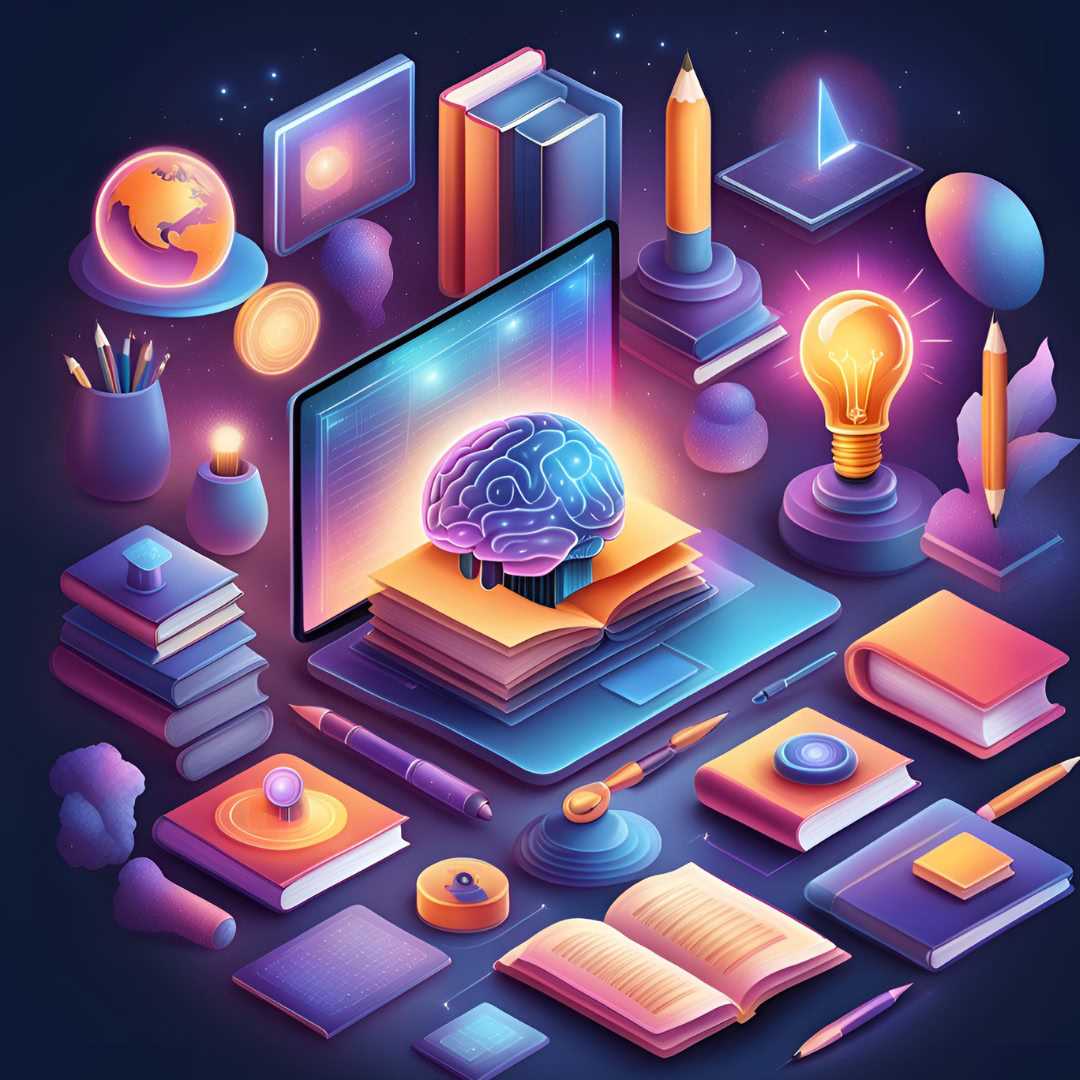
AI-powered platforms tailor the learning experience to individual needs by analyzing performance and offering customized study plans. These tools track progress, identify areas for improvement, and suggest specific exercises or topics to focus on. This adaptive approach ensures that students spend less time on concepts they already understand, allowing them to concentrate on their weaker areas for maximum improvement.
Interactive Practice and Feedback
Another key benefit of AI in study sessions is the ability to provide interactive practice. AI tools can generate practice questions, quizzes, and simulations that mimic real test conditions, helping students build confidence and improve their problem-solving skills. Additionally, these platforms offer instant feedback, guiding learners through their mistakes and explaining the reasoning behind correct responses. This immediate feedback loop is essential for reinforcing concepts and enhancing retention.
How AI Understands Complex Exam Queries
Artificial intelligence systems have become adept at processing and interpreting complex questions, which are often challenging for both humans and traditional software. These intelligent platforms use advanced algorithms to break down inquiries into smaller, manageable parts, allowing them to identify the underlying structure and intent behind the query. By analyzing patterns in the data and leveraging vast amounts of pre-existing knowledge, AI is able to generate relevant and accurate responses, even for sophisticated and multifaceted problems.
AI tools apply a variety of techniques to interpret complicated questions. Natural Language Processing (NLP) is one of the most critical methods, enabling the system to understand syntax, semantics, and context. By recognizing keywords and their relationships, AI can disambiguate terms and provide more accurate solutions. Additionally, machine learning models improve over time as they are exposed to more diverse examples, further enhancing their ability to tackle intricate queries with increasing precision.
AI in Essay Writing and Analysis

Artificial intelligence is increasingly being used to assist with both crafting and evaluating written content. AI systems can help students generate coherent essays by offering suggestions, improving grammar, and even structuring the flow of ideas. Additionally, these platforms can analyze and provide feedback on writing, making them valuable tools for improving writing skills and ensuring that the final product is polished and well-organized.
Improving Structure and Coherence
One of the key benefits of AI in essay writing is its ability to help create clear and logical structures. By offering real-time suggestions on how to organize ideas and paragraphs, AI tools ensure that the writing flows smoothly from introduction to conclusion. These systems also help identify areas where ideas may need further development or clarification, making it easier to craft a well-rounded argument.
Grammatical and Stylistic Enhancements
AI tools are also highly effective at detecting and correcting grammatical errors, improving sentence structure, and suggesting stylistic changes. These platforms not only catch basic mistakes but also offer suggestions for making writing more concise, engaging, and aligned with specific academic standards. This level of detailed feedback makes it easier for students to refine their writing and achieve higher quality results.
Is AI a Reliable Exam Partner?

The role of artificial intelligence in academic settings has sparked both excitement and concern. As AI tools become more advanced, they offer great potential to assist students with their studies, but questions remain about their reliability during assessments. While these technologies can provide quick and accurate information in many cases, their performance can vary depending on the complexity of the task and the context in which they are used.
Strengths of AI Assistance
AI can be a powerful ally when it comes to solving problems, generating ideas, and providing instant feedback. These tools can process vast amounts of data quickly, helping students review material and prepare efficiently. In subjects that involve clear-cut answers or structured formats, AI systems can offer reliable solutions, enabling learners to focus their energy on other aspects of their study routine.
Limitations and Risks
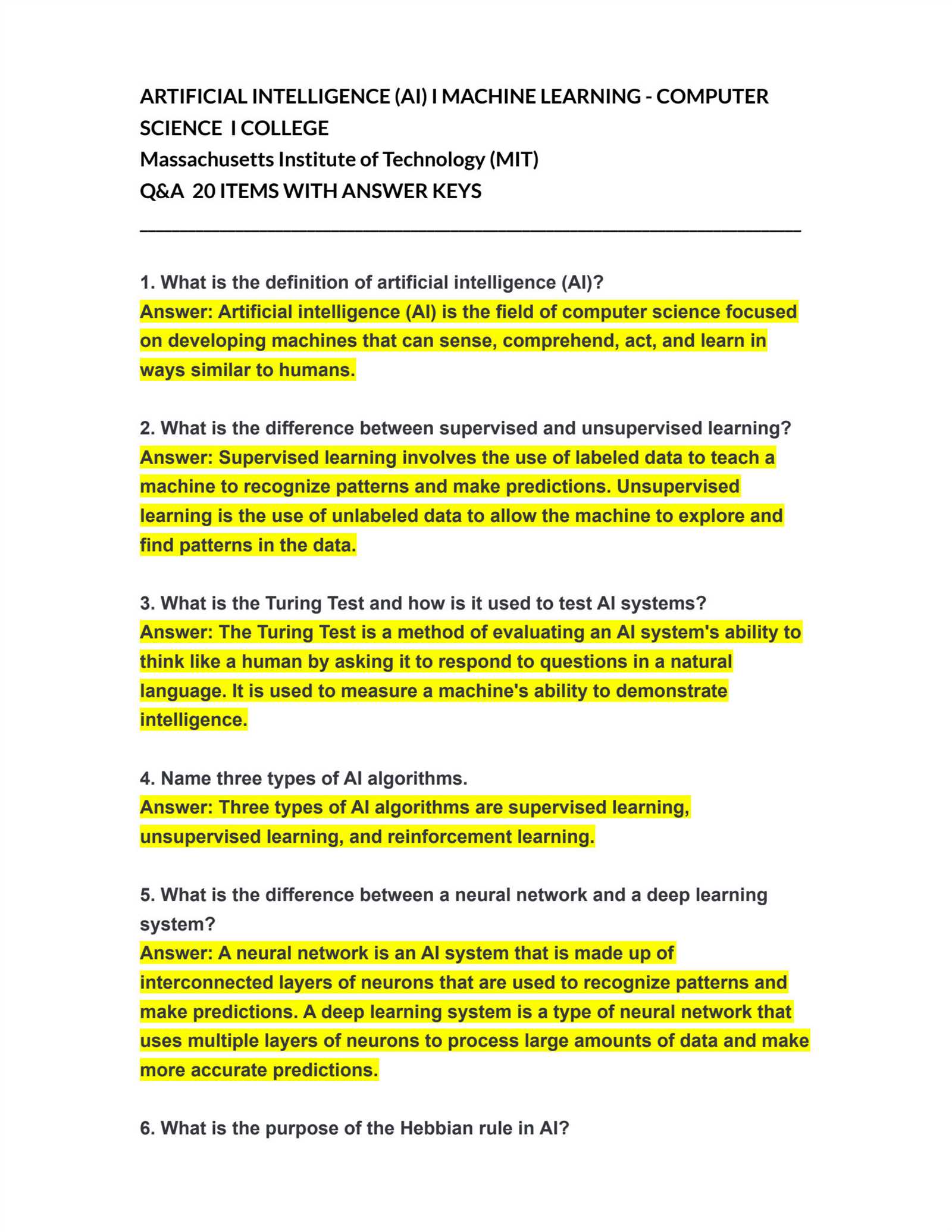
Despite its advantages, AI is not infallible. It may struggle with complex, nuanced questions that require critical thinking or in-depth analysis. Additionally, relying too heavily on AI could prevent students from developing their own problem-solving skills and independent thinking. Furthermore, AI tools can occasionally provide inaccurate information or overlook important details, leading to potential misunderstandings or errors during assessments.
AI-Powered Solutions for Fast Learning
Artificial intelligence has revolutionized the way individuals approach the learning process by offering tools designed to speed up comprehension and retention. These solutions leverage data-driven insights to create tailored learning experiences, helping students grasp concepts more efficiently and retain information longer. AI-driven platforms can identify areas of weakness, offer personalized recommendations, and adapt to each learner’s pace, making the process of acquiring new knowledge faster and more effective.
Personalized Learning Paths
One of the most powerful features of AI in education is its ability to create individualized learning journeys. By assessing a learner’s performance and analyzing their strengths and weaknesses, AI systems can suggest specific topics and resources to focus on. This customization ensures that learners spend less time on material they already understand and more time on areas where they need improvement, ultimately accelerating the learning process.
Interactive Feedback and Adaptation
AI systems also provide instant feedback, a critical component in fast learning. By offering immediate responses to quizzes, exercises, and practice tests, learners can quickly identify mistakes and adjust their approach. Additionally, AI tools adapt in real-time, altering the difficulty level or recommending new strategies based on the learner’s progress. This dynamic approach keeps students engaged and helps reinforce concepts more effectively.
How AI Customizes Learning for Exams
Artificial intelligence has reshaped the way individuals prepare for assessments by offering highly personalized learning experiences. By analyzing a learner’s strengths, weaknesses, and progress over time, AI tools adapt to meet each individual’s needs, tailoring content and practice sessions accordingly. This level of customization allows students to focus on areas where they need the most improvement, ensuring that their study time is as efficient and effective as possible.
Adapting to Individual Strengths and Weaknesses
AI systems track a student’s performance across various topics, identifying areas where they excel and others where they struggle. By continuously analyzing this data, these tools provide targeted recommendations and prioritize content that requires more attention. This adaptive learning process means students spend less time on concepts they already understand, maximizing their study efforts on areas that need further reinforcement.
Real-Time Progress Monitoring and Adjustments
AI-driven platforms also provide real-time feedback, adjusting the difficulty level of tasks based on a learner’s progress. This helps maintain the right level of challenge–preventing frustration from tasks that are too difficult while avoiding boredom from tasks that are too easy. With continuous monitoring, AI systems ensure that learners are always progressing at an optimal pace, helping them stay on track and perform better during assessments.
The Role of Machine Learning in Exam Prep
Machine learning has become a key player in revolutionizing how students prepare for assessments. By analyzing vast amounts of data, machine learning algorithms can identify patterns in a learner’s performance, offering personalized recommendations that enhance the study process. These systems adapt to individual learning habits, making it possible to optimize the approach to different subjects and areas of difficulty.
Data-Driven Learning Enhancement
Machine learning tools continuously monitor a student’s progress and adjust the learning path based on their strengths and weaknesses. By analyzing past results, these systems can predict future areas of struggle and suggest the most effective study strategies. This data-driven approach ensures that learners spend more time focusing on challenging topics and less time reviewing material they have already mastered.
Tailored Practice and Testing
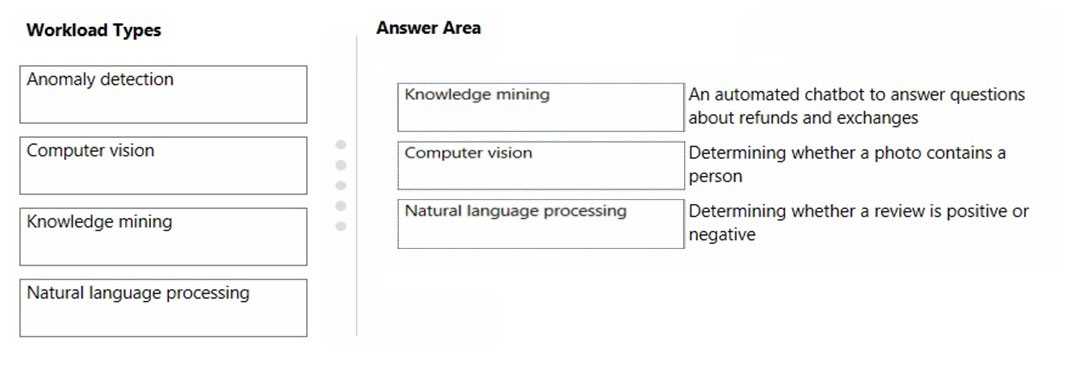
With machine learning, practice sessions can be tailored to reflect the individual’s needs. For example, algorithms can generate quizzes and tests that focus on weaker areas, offering a more targeted review experience. This personalized testing can be more effective than traditional methods, as it directly addresses the learner’s gaps in knowledge, improving retention and understanding.
AI’s Impact on Test Performance
Artificial intelligence has brought significant advancements in how individuals approach and perform on assessments. By offering personalized study plans, adaptive practice sessions, and real-time feedback, AI tools help learners enhance their skills and knowledge retention. These technologies can boost performance by identifying weaknesses, suggesting improvements, and providing tailored content that aligns with a student’s learning style and pace.
Personalized Learning and Improved Retention
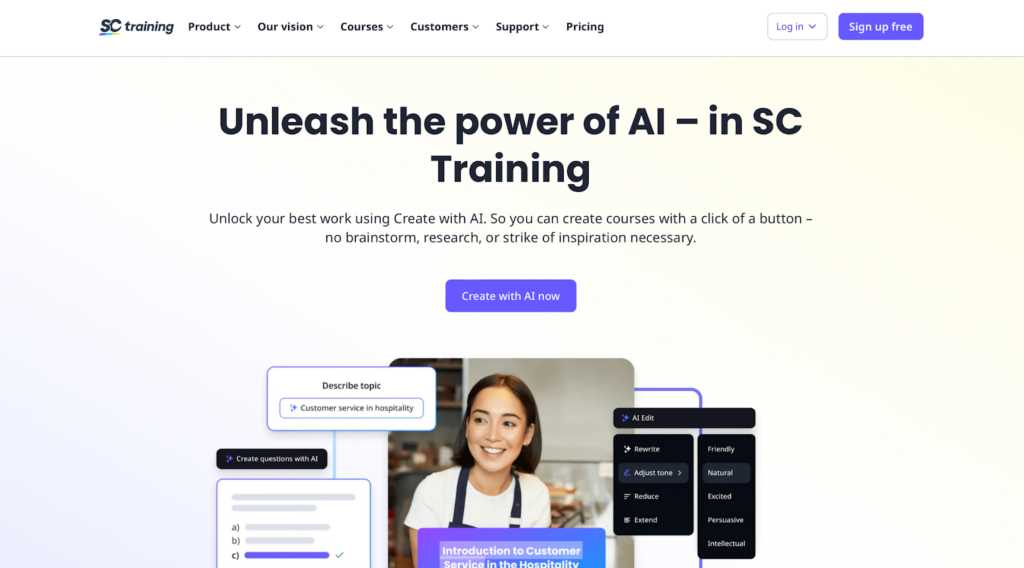
AI-based platforms can assess a learner’s strengths and areas of difficulty, allowing them to focus on topics where improvement is needed. This personalized approach ensures more efficient study sessions and better retention of information. By adjusting content to suit an individual’s needs, AI enhances comprehension and ensures students are well-prepared for challenging assessments.
Real-Time Feedback and Motivation
One of the key advantages of AI is its ability to provide instant feedback. This immediate response helps students recognize errors quickly, allowing them to make adjustments and reinforce correct knowledge. AI also motivates learners by tracking progress, setting goals, and providing rewards for improvements, which encourages continued engagement and focus during the study process.
AI Tools for Problem Solving
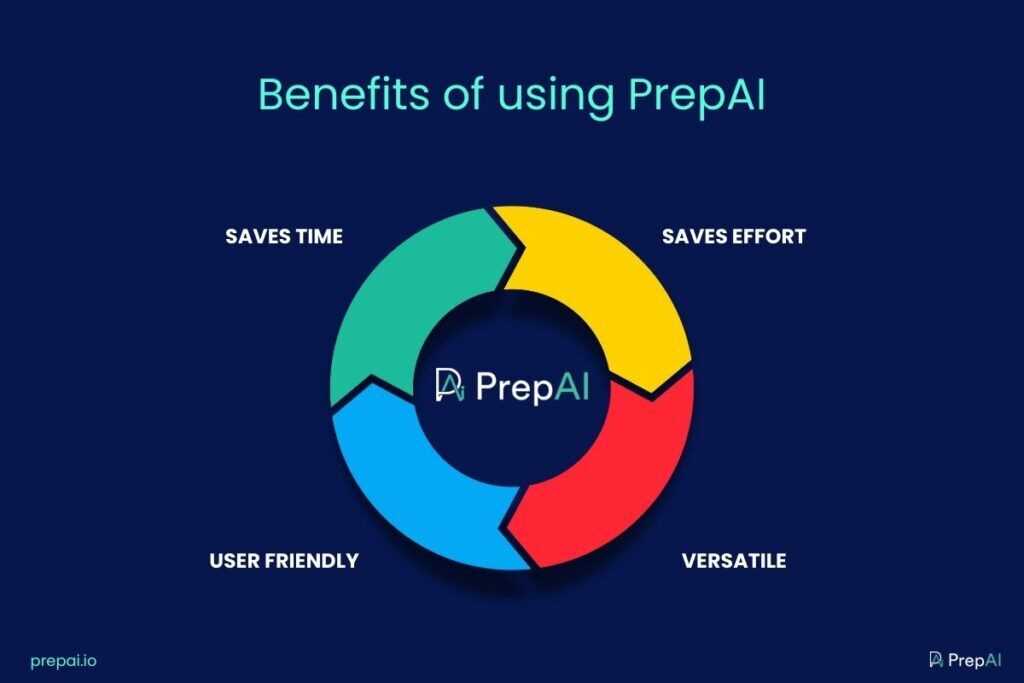
Artificial intelligence has become an indispensable tool in addressing complex challenges across various fields. From logical reasoning to mathematical computations, AI-powered platforms provide tailored solutions that enhance the efficiency of problem-solving. These tools use advanced algorithms and data analysis to offer insights and strategies that improve decision-making and lead to more effective solutions.
Top AI Solutions for Tackling Challenges
There are several AI tools designed to assist with problem-solving, each catering to specific needs. Some of the most effective platforms include:
- Wolfram Alpha: A powerful computational engine that can handle complex calculations and provide step-by-step solutions for mathematical problems.
- ChatGPT: Known for its natural language processing capabilities, it can assist in problem-solving by providing suggestions, explanations, and even generating code for technical challenges.
- IBM Watson: An AI platform that offers advanced analytics and cognitive computing to help businesses and individuals solve problems by processing large datasets and generating insights.
- Grammarly: While primarily a writing assistant, it helps solve language-related problems by providing grammar, style, and clarity suggestions, ensuring that communication is effective and error-free.
How These Tools Enhance Problem-Solving Efficiency
AI tools can streamline the problem-solving process by breaking down complex issues into manageable steps. By leveraging machine learning and data analytics, these platforms not only offer solutions but also suggest optimizations and potential improvements. The ability to handle vast amounts of data quickly and accurately makes AI an essential asset for solving both everyday and highly specialized challenges.
AI as a Time-Saving Study Tool
With the increasing demands of modern education, time management has become crucial. AI-powered tools offer students the ability to streamline their learning process, allowing them to focus on key concepts while automating repetitive tasks. By leveraging intelligent algorithms, these tools provide efficient solutions to improve both the quality and speed of studying.
From personalized study schedules to instant access to study resources, AI technologies are transforming how students prepare for assessments. With capabilities to analyze strengths and weaknesses, AI systems adapt to individual learning needs, saving valuable time that would otherwise be spent on less effective methods.
Key Benefits of AI in Time Management:
- Personalized Learning: AI platforms can create customized study plans based on individual progress and difficulty levels, ensuring efficient use of study time.
- Instant Feedback: With real-time evaluations, AI tools provide immediate responses to practice questions, enabling students to learn and adjust quickly without wasting time on guesswork.
- Automated Repetitions: AI can recognize areas that need more attention and automatically generate review exercises, ensuring that students reinforce weak spots without spending extra time manually identifying them.
As these tools continue to evolve, their ability to save time while maximizing learning potential becomes an invaluable resource for students looking to optimize their study sessions and achieve better results with less effort.
Ethical Concerns with AI in Exams
As AI technology becomes more integrated into educational environments, questions about its ethical implications have become increasingly relevant. The use of intelligent systems to assist in academic assessments raises concerns about fairness, integrity, and the potential for misuse. While these tools offer significant advantages, their implementation must be carefully considered to ensure they are used responsibly and ethically.
The central issue revolves around the balance between enhancing student performance and maintaining academic honesty. AI systems capable of solving complex problems or generating responses may inadvertently encourage dishonest practices if students rely on them too heavily. As a result, educators and institutions must address these concerns to ensure that the use of AI aligns with ethical standards.
Potential Ethical Issues
- Academic Integrity: AI assistance in assessments may blur the lines between independent work and external help, leading to concerns over cheating and misrepresentation of students’ abilities.
- Privacy and Data Security: Many AI platforms require access to personal information, raising concerns about the security of sensitive student data and how it’s used by third-party applications.
- Unequal Access: There is a risk that AI tools may create disparities between students with access to advanced technology and those without, potentially widening the gap in educational equity.
Maintaining Ethical Standards
To address these challenges, it is essential that both students and institutions develop guidelines on responsible AI use. This includes establishing clear boundaries around the appropriate use of AI, ensuring transparency in data handling, and creating fair policies that prevent AI-based tools from giving some students an unfair advantage. By integrating AI thoughtfully and ethically, its potential to enhance education can be realized while preserving the core values of fairness and integrity.
Future of AI in Education and Testing
The role of artificial intelligence in the field of education is rapidly expanding, promising transformative changes in how students learn and how academic performance is assessed. In the future, AI could revolutionize traditional teaching methods, offering personalized learning experiences and enhancing the accuracy and efficiency of assessments. As AI tools become more advanced, the possibilities for improving both educational quality and fairness will only grow.
One of the most significant shifts is the potential for AI to tailor learning materials to individual students’ needs, optimizing the educational experience. Additionally, AI could offer real-time feedback, helping students understand their strengths and areas for improvement, while educators could gain deeper insights into student performance.
Key Areas of Transformation
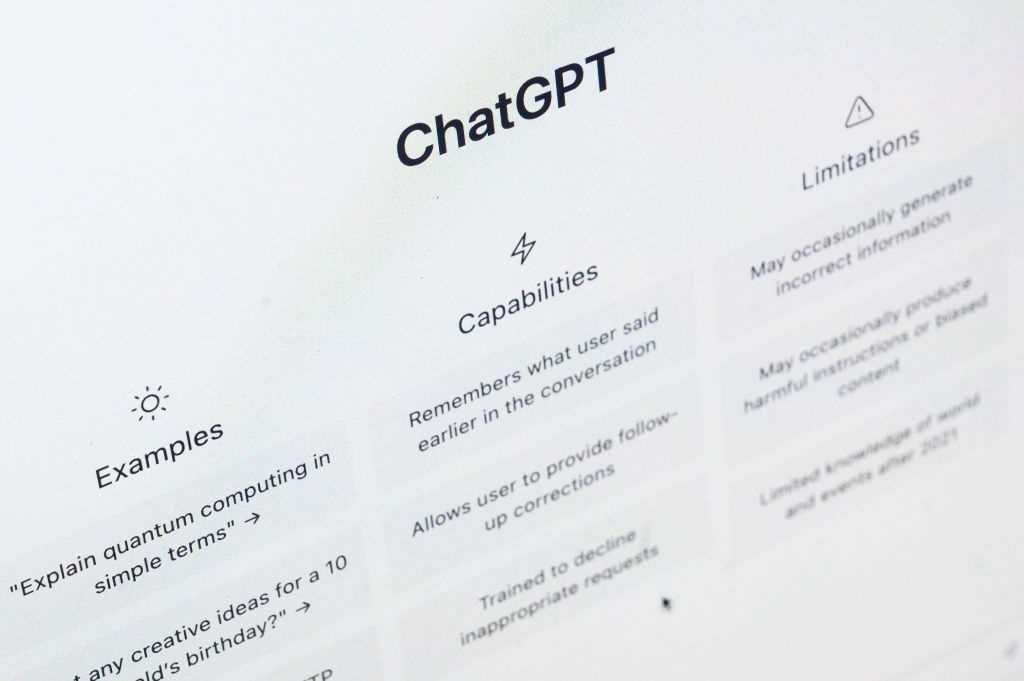
| Area | Impact of AI |
|---|---|
| Personalized Learning | AI can adapt lessons based on student preferences and learning styles, ensuring an individualized approach to education. |
| Automated Grading | AI-powered grading systems can provide quick and accurate results, eliminating biases and allowing educators to focus on more complex tasks. |
| Real-time Feedback | Students can receive instant feedback on their performance, aiding in faster improvement and continuous learning. |
| Efficiency in Testing | AI can streamline the testing process by offering adaptive assessments that respond to student abilities, making the evaluation process more efficient and fair. |
As the technology evolves, ethical considerations will need to be carefully addressed. Concerns about privacy, data security, and ensuring equal access to these tools will remain central to discussions on AI in education. Nevertheless, the future of AI in this field holds great promise, and its integration could redefine the way learning and testing are approached globally.